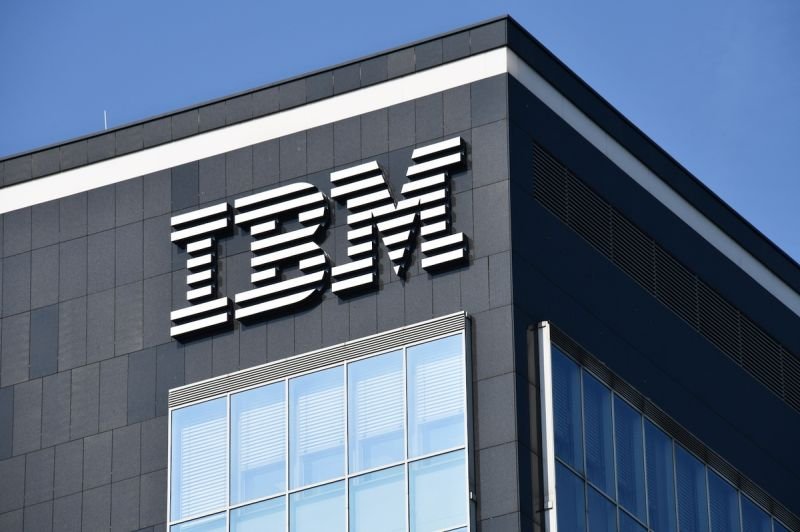IBM is once again preparing to reduce its global workforce as part of its ongoing transition toward artificial intelligence and enterprise software services. While the company has not disclosed exact figures, it stated that the layoffs would impact a “low single-digit percentage” of employees worldwide. With roughly 270,000 people on its payroll by the end of last year, even a 5% reduction could mean more than 13,000 job cuts. The decision follows IBM’s recent expansion of its AI-related workforce, highlighting a strategic shift rather than a simple downsizing. The company explained that this move is part of a regular “workforce rebalancing” process — phasing out certain roles while adding new positions aligned with evolving business priorities. Although cuts will occur globally, IBM confirmed that the overall headcount in the United States is expected to remain stable. The company has not revealed details about the financial impact of severance payments tied to the layoffs. The restructuring comes as IBM doubles down on artificial intelligence investments, focusing on AI consulting, automation, and enterprise software — sectors it views as essential to long-term growth. The company joins other major technology players like Amazon, Google, and Meta, which have also reduced staff to redirect resources toward AI research and development. Industry analysts suggest that while AI promises to enhance efficiency in areas such as coding, analytics, and automation, the commercial payoff remains uncertain. Some experts warn that the rapid pace of AI expansion could lead to a market bubble if expectations continue to outpace real-world results. Despite these challenges, IBM’s financial performance has remained strong. The company recently reported a 9% increase in third-quarter revenue, reaching $16.33 billion — surpassing market expectations. Chief Financial Officer Jim Kavanaugh highlighted that AI adoption among major corporations is accelerating, with about 80% of IBM’s AI consulting and software customers over the past six months being new clients. In the latest quarter, IBM recorded $9.5 billion in AI-related bookings, reflecting what analysts at Jefferies called “strong momentum in AI-driven demand.” As IBM continues to pivot toward artificial intelligence and automation, it aims to strengthen its position as a leader in enterprise AI — even if that means reshaping its workforce to meet the demands of a rapidly changing tech landscape.







































